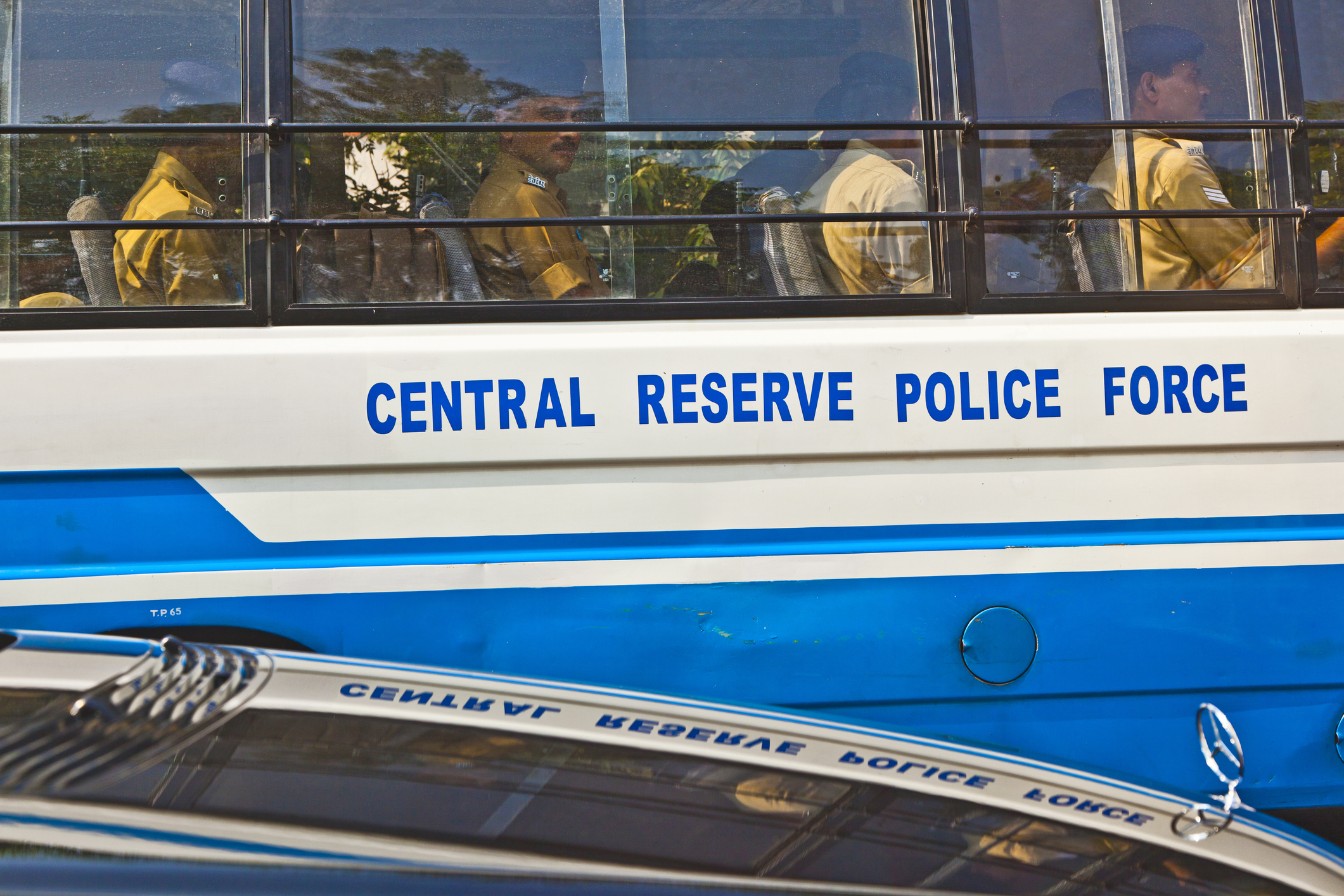
In the heart of Northeast India, the state of Manipur is grappling with deep ethnic strife that has escalated dramatically since May 2023. The conflict, primarily involving the Meitei and Kuki communities, has resulted in over 200 lives lost and tens of thousands displaced. Amid this turmoil, the Indian government initiated a recruitment event under the Agnipath program to address pressing personnel shortages in the armed forces, exacerbated by a three-year hiatus in recruitment due to the COVID-19 pandemic. During this period, approximately 50,000 to 60,000 soldiers retired annually, leading to a significant shortfall that began to affect military operational capabilities.
However, the response to the Agnipath program has been notably demoralized, particularly in regions like Manipur. The ongoing unrest and the government’s handling of the situation have resulted in a pronounced lack of interest among the Kuki community in enlisting. This disengagement reflects broader sentiments of discontent, with many feeling disconnected from government initiatives aimed at strengthening the armed forces. The emotional landscape surrounding the sacrifices made by soldiers—especially those who fought in conflicts like the Kargil War—has seen a lackluster response from the Veer Naaris, the widows of these fallen heroes. Their muted engagement with the Agnipath program underscores a significant disconnect between the sacrifices made by their husbands and the current recruitment strategies, leaving many Veer Naaris feeling that their loved ones’ valor and commitment are not adequately honored.
Compounding this issue is the Indian government’s recent decision to relocate two units of the Assam Rifles to Jammu and Kashmir. This move, unprecedented in its storied history, has deeply affected morale within the force. The Assam Rifles, India’s oldest paramilitary force, has a proud legacy marked by participation in both World Wars and numerous operations throughout Northeast India. Tasked with safeguarding the sensitive India-Myanmar border, they have forged strong bonds with local communities, earning their respect and trust through years of dedicated service. Instead of receiving recognition for their critical role in maintaining safety amid escalating violence, they are being sidelined at a time when their presence is urgently needed.
The situation reached a tipping point in January 2024 when a meeting organized by the radical Meitei group Arambai Tenggol led to a memorandum signed by 36 Meitei legislators and two MPs demanding the removal of Assam Rifles units from the region. This highlights a critical dilemma: who gets to determine the future of security in a context where every community has its own narrative and fears? The decision to redeploy around 1,500 personnel of the Assam Rifles from Manipur to Jammu and Kashmir neglects the urgent need for stability in Manipur and raises concerns about the effectiveness of such a move. The Central Reserve Police Force (CRPF), set to replace them, may lack the nuanced understanding of local dynamics that the Assam Rifles have cultivated over years of engagement.
Worse still, the CRPF’s deployment has not been without controversy. Reports have surfaced alleging human rights violations committed by some CRPF personnel against Kuki citizens, including sexual violence against Kuki women. One harrowing instance involved Kuki women reportedly assaulted by CRPF personnel during a security operation, igniting outrage and deepening ethnic rifts. Such incidents erode local trust in security forces and overshadow the Assam Rifles’ efforts to build positive relationships within the community.
The decision to relocate the Assam Rifles instead of enhancing their capabilities appears dismissive of the complex realities governing troop deployments in volatile conflict zones. The Indian armed forces, poorly equipped with vintage Soviet-era military hardware, have long struggled with morale and operational effectiveness, exacerbated by inadequate resources and training. The capture of Wing Commander Abhinandan Varthaman by Pakistani forces during the 2019 Balakot airstrike serves as a stark reminder of the risks soldiers face. Even PM Modi admitted that the humiliation of the Indian Air Force on February 27, 2019, could have been averted if the government had acquired Rafale aircraft from France in a timely manner. Additionally, the incident in March 2022, where a missile was accidentally fired into Pakistan, further reflects systemic issues within the military.
These challenges are compounded by the apparent bias and disconnect between the government and the realities on the ground. Soldiers are grappling not only with external threats but also with a diminishing sense of purpose amid neglect and mismanagement. As the Indian government continues to sideline forces like the Assam Rifles, it raises alarming questions about the future: what happens when soldiers feel undervalued and demoralized? If their contributions are consistently overlooked, how can they fulfill their constitutional duties? The future may hold troubling possibilities—an increasingly disenchanted military that may struggle to perform its responsibilities to protect and serve the nation.
